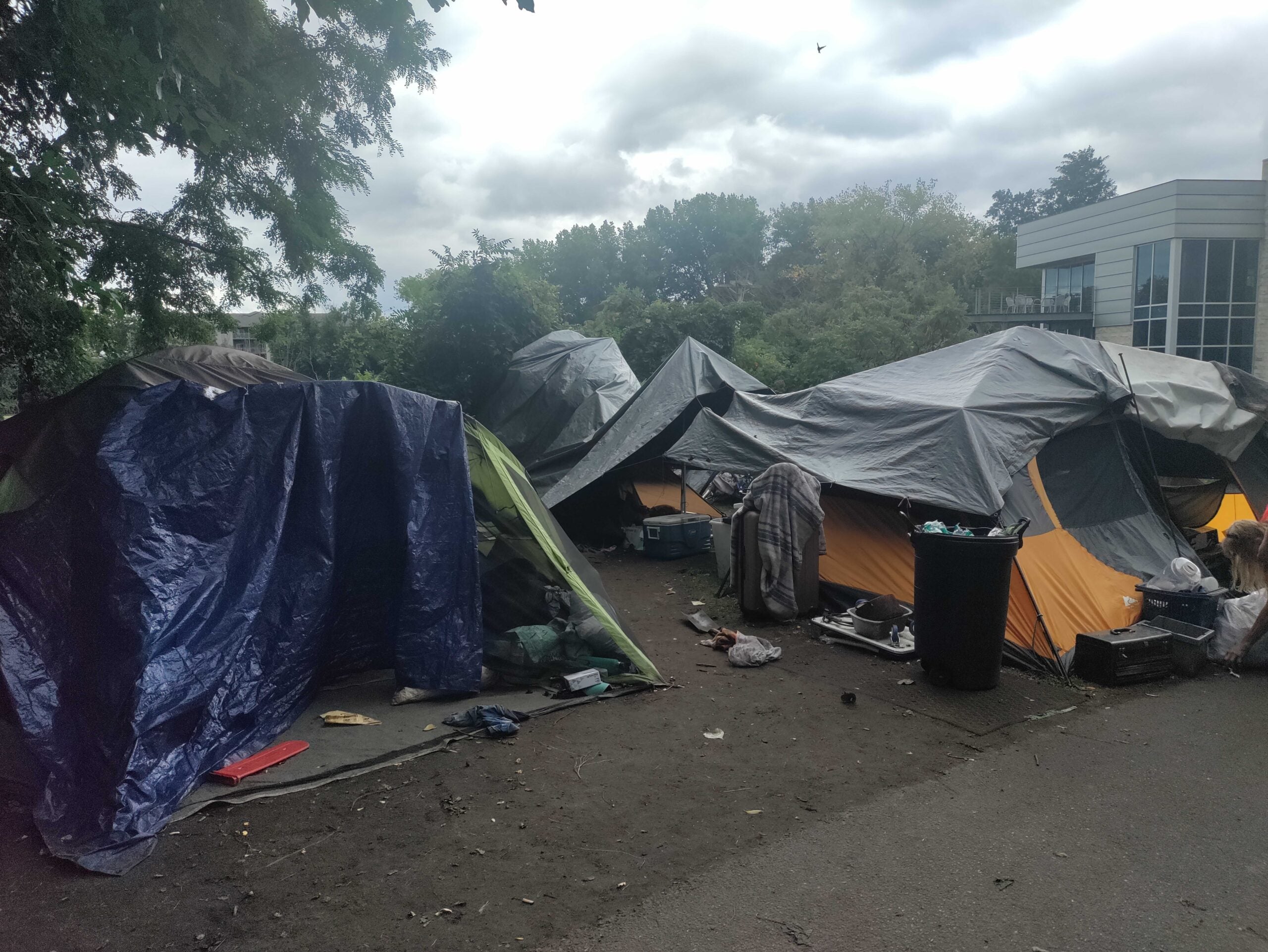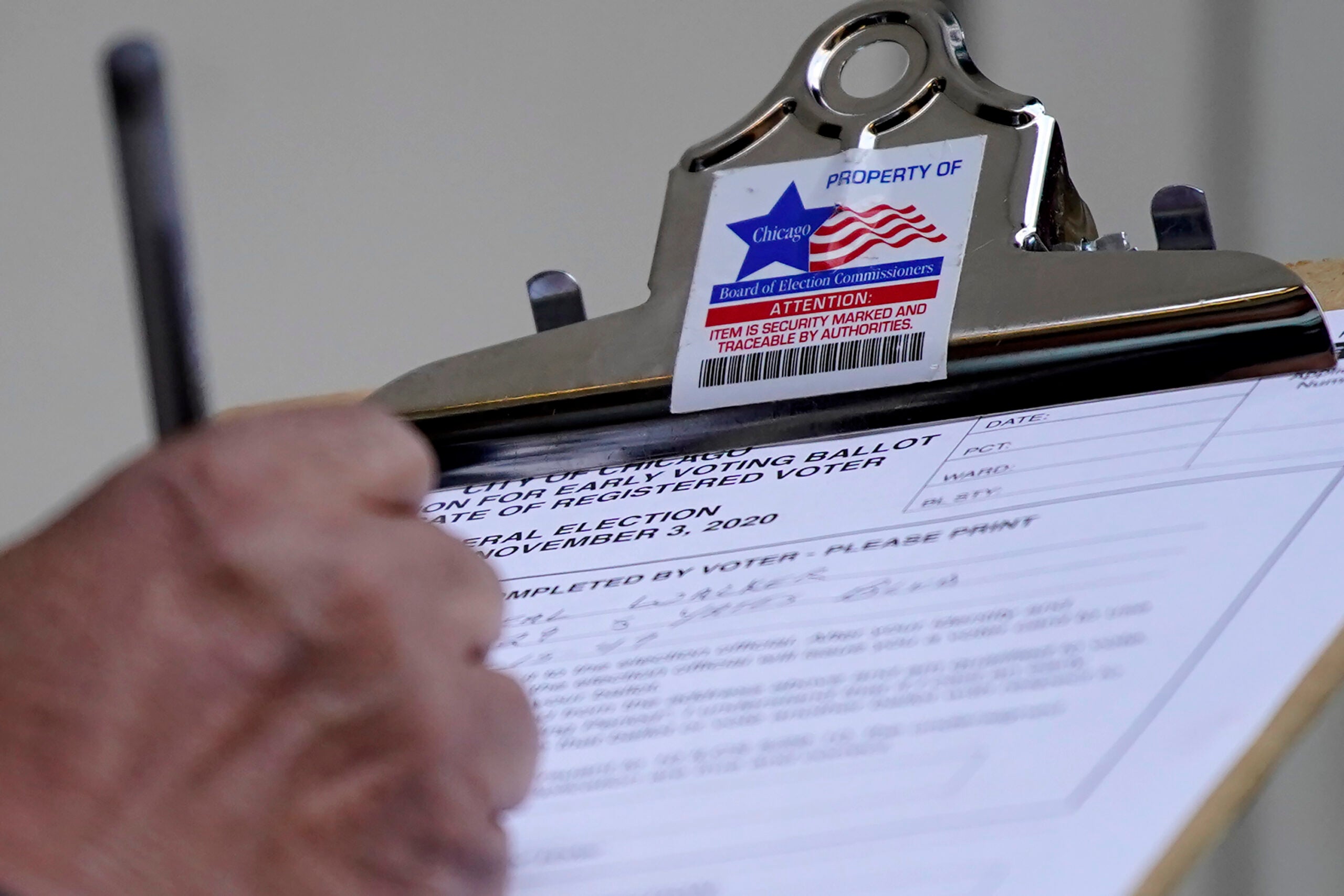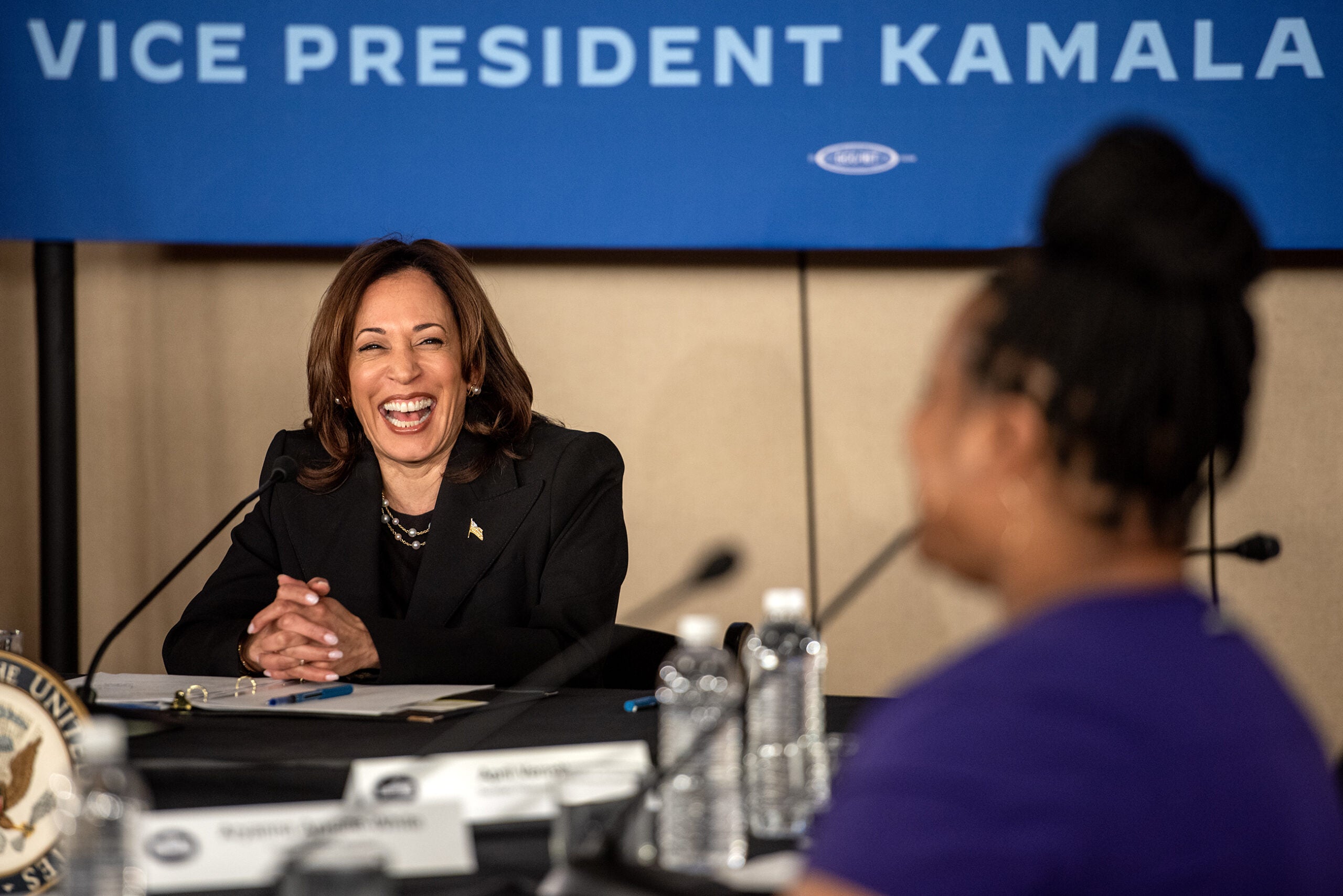Open Government Laws
Open government advocates are hoping to educate Wisconsin residents about the importance of the state’s open records and meetings laws as part of a statewide tour that kicks off in La Crosse next week.
The laws are used on an almost daily basis by citizens, special interest groups and the news media to gain information about state and local governments in Wisconsin.
The tour was inspired by potential changes to the laws that were introduced last July by Republican lawmakers in the Wisconsin legislature and Gov. Scott Walker’s administration that would have blocked access to things like text messages and allowed any elected official in the state to throttle efforts to get public records that are created when government officials are creating policy. Those efforts to make changes to state law were quickly turned back by a broad coalition of open government supporters.
Wisconsin’s current open records and open meetings laws last had a major overhaul in the early 1980s. Wisconsin Freedom of Information Council President Bill Lueders said the state’s laws and the tradition of open government are generally considered among the strongest in the country.
“By and large, our laws are good, and our courts have backed them up, the right of people to a maximum amount of access,” he said.
While the law is the same for state and local governments, the application of the law is not very consistent according to Lueders. He said often local government elected officials like a town board member aren’t as savvy as a state agency that may have a team of lawyers to provide advice about open government laws.
“Generally, we see a lot of problems with school boards in particular because those are bodies that people pass through,” he said. “They’re there for three years or for six years and they don’t necessarily develop expertise in what their obligations are under our openness laws. We also see problems with some (state) agencies because they don’t make it a priority to share information about what they do.”
Lueders cites the Wisconsin Departments of Corrections and Administration and the University of Wisconsin System as state agencies that have problems with providing information.
The general public, members of the news media and special interest groups of every political affiliation often rely on open government laws to get information, and a coalition of those groups banded together last July to stop efforts to gut Wisconsin laws.
The La Crosse informational session is Tuesday, March 15 at 2 p.m. at the La Crosse Public Library. The tour will visit eight Wisconsin cities during national Sunshine Week, which draws attention each year to access to public information.
by-John Davis
Episode Credits
- Hope Kirwan Host
- John Davis Producer
- Rusty Cunningham Guest
- Bill Lueders Guest
- Mark Pitsch Guest
Wisconsin Public Radio, © Copyright 2024, Board of Regents of the University of Wisconsin System and Wisconsin Educational Communications Board.




